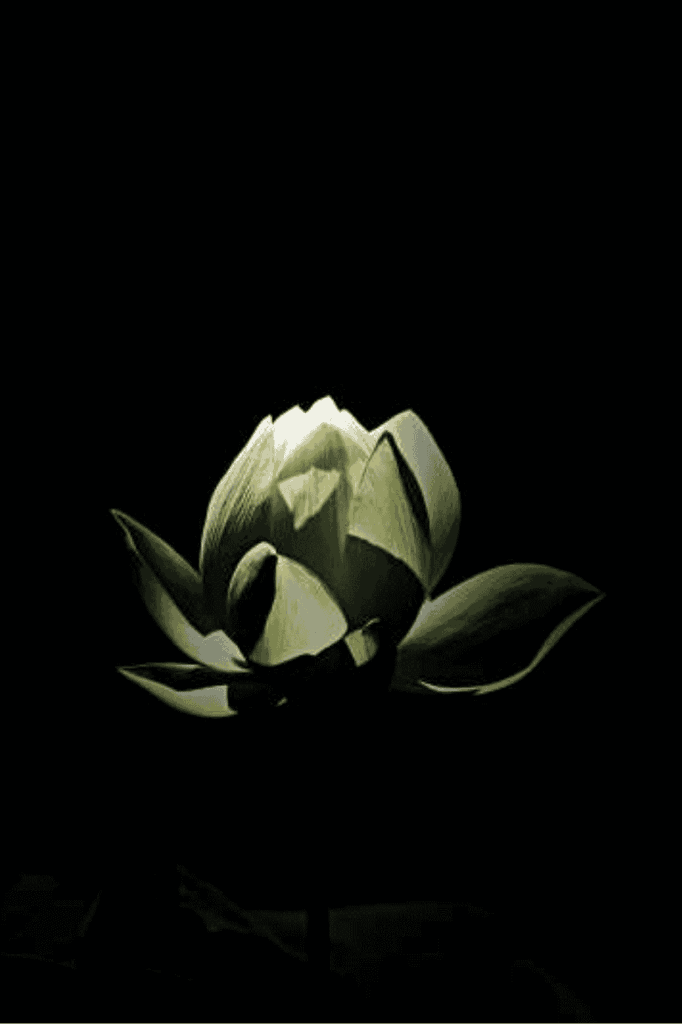Dharma Archetypes: Unveiling Your Life Path
-

What are the things you desire? What are the things you love? What are the things you are good at? How can you use those skills, talents, or knowledge to create the life you want? How can others benefit from it?
Dharma Shows the Way Forward
To understand the dharma concept a bit deeper, we need to understand our drivers:
- Our Values
- Emotional Integrity
- Personal Truth
- Moral Compass
- Healthy Empathy
Why is this important? Engaging in activities or being in environments that don’t align with these will not lead to true abundance.
Dharma, a concept deeply rooted in Indian philosophy and spirituality, encompasses a profound understanding of one’s duty, moral obligations, and righteous conduct. It is a guiding principle that governs one’s actions and choices in life. Dharma is often described as the natural order of the universe, the harmonious balance that sustains the cosmos. It transcends individual desires and ego, urging individuals to act following their inherent nature and purpose.
In Vedic Astrology Reading, dharma is primarily seen through first, fifth, and ninth houses your birth chart, as well as the placement of Jupiter.
Dharma is understood as the soul’s true path—our purpose, responsibilities, and the inner compass that guides us toward a life of meaning. Embracing dharma means living with integrity and awareness, honoring the unique nature of your birth, constitution (prakruti), and karmas. It invites you to align your daily actions with higher principles, cultivating a life where personal well-being and collective harmony coexist.
Our dharma archetype helps us align our actions with our innate purpose. It embodies truth and higher calling—a path where personal fulfillment meets service to the greater good through right action and conscious living.
-
The Significance of 6 Dharma Archetypes
Archetypes are universal symbols or patterns that represent different personality traits, behaviors, and ways of thinking. Swiss psychiatrist Carl Jung developed this idea in the early 1900s, proposing that archetypes are universal, impersonal, and archaic forms of innate human knowledge, themes, and psychological patterns inherited from our ancestors. Jung believed that this information was stored in what he termed the Collective Unconscious and that all cultures and races have contributed to it over time. Archetypes can be understood as distinct personality and values templates.
-
Dharma Archetypes offer a way to understand the different parts of ourselves and how they relate to the world around us. They also provide a roadmap for personal growth and development.
Several archetypes have been identified by psychologists and scholars, although the exact number may vary depending on the source.
Although many more archetypes exist, the following six provide insight into your inherent dharma and purposeful choices in life and career:
- Creator
- Educator
- Innovator
- Liberator
- Entertainer
- Healer
To discover your dharma archetype, take the Dharma Archetype Quiz.
-

Manifestation of Dharma Archetypes in our Daily Lives
Archetypes can manifest in our lives in various ways. They can influence our behavior, decision-making, career and relationships with others. For example, the Healer archetype will reinforce compassion and an interest in personal development and growth. This will be reflected not just in the profession but in relationships, decision making and interests. This will be the underlying energy and purpose behind an individual’s actions and motivations.
We are born with these archetypal energies that shape our approach to various aspects of life, including how we live, work, relate to others, handle stress, overcome obstacles, and grow spiritually.
-

The Advantages of Knowing Your Dharma Archetype
Archetypes are universal patterns that live in the collective human psyche. They show up across cultures and eras—in myths, stories, art, and even our dreams—revealing timeless themes that shape how we understand ourselves and the world around us.
By recognizing these archetypal energies within us, we gain meaningful insight into our behavior, relationships, and life path. Whether you’re reflecting on your personality or observing the broader patterns in society, archetypes provide a powerful lens for deeper awareness.
They represent familiar characters and motifs—like the healer, the warrior, the educator, or the creator—that echo across time and space. Tapping into these narratives helps us connect with our shared humanity, explore our calling, and access greater clarity, purpose, and creativity in everyday life.
-
Viewing Dharma Through Vedic Astrology Reading
Dharma is a profound concept representing one’s life purpose or inherent duty. It is the foundational principle that guides an individual towards their highest potential and aligns their actions with cosmic order.
Dharma goes beyond personal aspirations. It guides spiritual growth, ethical conduct, and the fulfillment of one’s unique role in the universe. Through the lens of Vedic astrology, Dharma can be revealed and understood by analyzing the natal chart (D1), which offers insights into one’s spiritual and worldly path.
The concept of Dharma in Vedic astrology is also viewed in detail through the Navamsa or D9 chart, where the 9th house is examined closely alongside the planet Jupiter (Guru), the source of wisdom, righteousness, and spiritual knowledge. The 9th house, known as the house of Dharma, holds the keys to understanding one’s higher purpose and the lessons to be learned on the spiritual journey. A strong 9th house indicates a life filled with opportunities for spiritual growth, philosophical exploration, and the ability to make a positive impact on others.
Jupiter’s placement in the natal chart reveals how one can cultivate Dharma. Its position by sign, house, and aspects to other planets informs how one’s spiritual inclinations align with their life path. For example, a strong Jupiter placement may indicate a natural ability for teaching, mentoring, or engaging in spiritual practices.
Additionally, examining the 4th house and the Moon’s placement provides insights into personal fulfillment and emotional contentment, which are also integral to living in accordance with Dharma. The 4th house reveals one’s inner world, emotional stability, and the foundation for personal growth.
Dharma is often misunderstood as simply one’s career or job title, but it goes far beyond professional roles. While society may define us by our careers and titles, dharma is about living in alignment with our deeper purpose and authentic self.
It’s the guiding principle that shapes how we contribute to the world—not just through what we do for work, but through the values we embody and the way we live each day.



